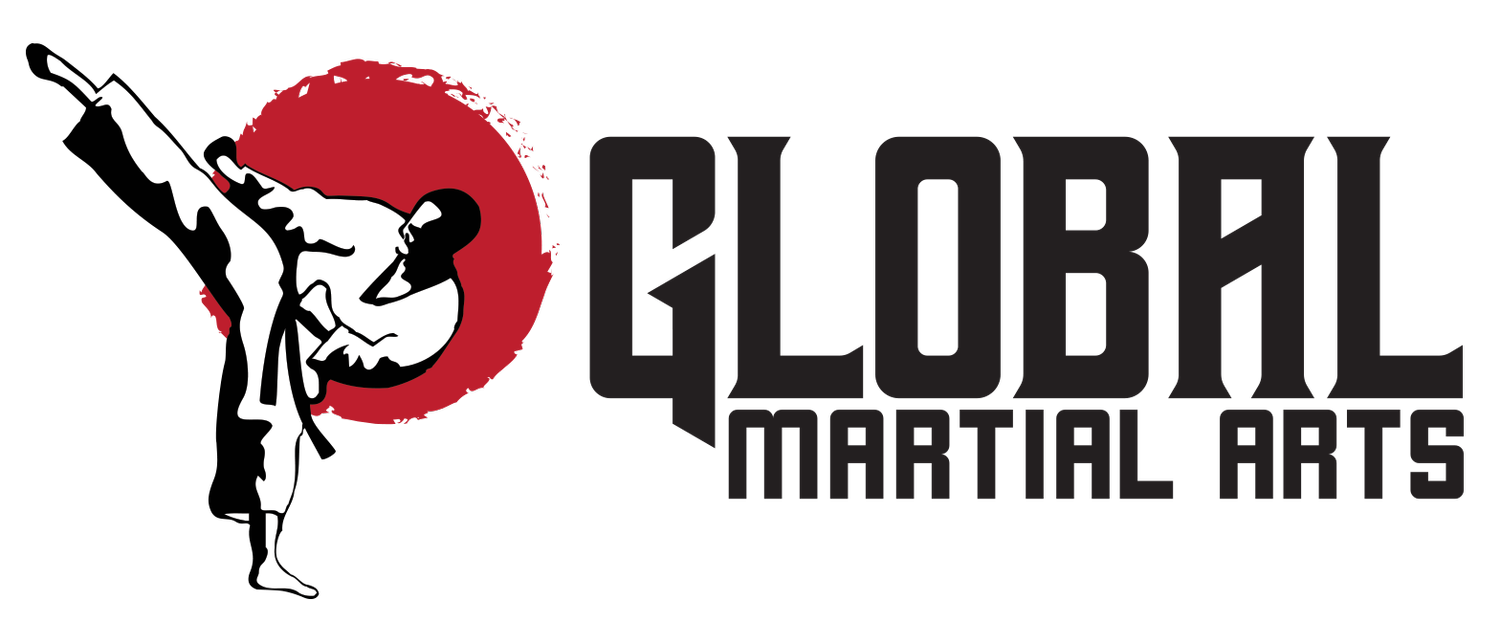The importance of emotional control in martial arts training for kids
In the world of martial arts, the focus is often on physical strength, agility, and self-defense techniques. While these aspects are undoubtedly crucial, there is another vital component that is sometimes overlooked: emotional control. Teaching kids how to manage their emotions effectively is just as important as teaching them how to throw a punch or execute a kick. In this blog, we will explore why emotional control is essential in martial arts training, particularly in the context of teaching Krav Maga to children in Vista, near Oceanside, San Marcos, and Carlsbad.
1. **Self-discipline and Focus**: Martial arts training requires a great deal of self-discipline and focus. By learning how to control their emotions, kids can better concentrate on their training, follow instructions, and stay committed to their practice. Emotions like frustration, anger, or fear can interfere with their ability to learn and improve. Teaching kids how to manage these emotions allows them to develop the mental resilience needed to progress in their martial arts journey.
2. **Conflict Resolution and Respect**: Martial arts emphasize respect for oneself and others. When children learn how to control their emotions, they are better equipped to resolve conflicts peacefully and respectfully. They understand the importance of communication, empathy, and compromise, both inside and outside the dojo. Emotional control helps them avoid unnecessary confrontations and approach conflicts with a calm and rational mindset.
3. **Stress Management and Confidence**: Practicing martial arts can be physically and mentally demanding, leading to stress and pressure, especially during tests or competitions. Kids who have good emotional control are more adept at managing stress and anxiety effectively. They can stay calm under pressure, make better decisions, and perform at their best when it matters the most. This sense of control and composure boosts their confidence and self-esteem, both on and off the training mat.
4. **Bullying Prevention and Empowerment**: Emotional control plays a crucial role in dealing with bullying situations. Kids who can regulate their emotions are less likely to react impulsively to bullying behavior. They are more empowered to assert themselves assertively, set boundaries, and seek help when needed. By teaching emotional control in martial arts classes, instructors can equip children with the tools to handle bullying situations with confidence and resilience.
In conclusion, emotional control is a fundamental skill that should be integrated into martial arts training for kids. By teaching children how to manage their emotions effectively, instructors can help them develop self-discipline, focus, respect, conflict resolution skills, stress management techniques, confidence, and empowerment. In the context of teaching Krav Maga in Vista, near Oceanside, San Marcos, and Carlsbad, emphasizing emotional control can enhance the overall training experience and prepare children for success both on and off the mat.

